White House Rushes to Allocate Key Legislation Funds Before Trump Takes Office
November 11, 2024 at 9:00 PM
3 minutes read

With only ten weeks until President-elect Donald Trump assumes office, the Biden administration is urgently working to distribute remaining funds from key legislative initiatives passed during Joe Biden’s presidency. The push aims to lock in financial commitments from high-profile programs before Trump takes office, potentially affecting how funds are allocated in the future.
The funds cover several major areas, including semiconductor subsidies under the CHIPS Act, climate grants, and critical aid for Ukraine. This swift action underscores the Biden administration’s effort to cement its initiatives before the anticipated policy shifts under Trump’s second term.
A Strategic Push to Implement Key Legislation
As part of his “Investing in America” agenda, Biden has prioritized the rapid implementation of several landmark bills: the Bipartisan Infrastructure Law, the CHIPS and Science Act, and the Inflation Reduction Act. Each piece of legislation encompasses ambitious goals spanning infrastructure development, semiconductor manufacturing, healthcare, and climate action."Over the next 10 weeks, we’re heads down, focused on getting this money out the door, signing agreements, and delivering benefits to the American people," said Natalie Quillian, Biden’s deputy chief of staff. Quillian emphasized that Biden’s team has operated with urgency from the start, knowing that the impacts of these initiatives could reshape communities nationwide.
Delays and Future Impacts
Despite Biden’s commitment to these programs, many of their impacts will take time to reach the public. Acknowledging this, Biden recently highlighted the long-term nature of these changes, saying, "The vast majority of this work will be felt over the next decade." Some legislative benefits, such as infrastructure improvements and job creation in manufacturing, are only now beginning to materialize.The Breakdown of Funding Allocation
Since taking office, Biden has signed several major funding packages:Urgent Support for Ukraine
The administration is also accelerating military and financial aid to Ukraine before the transition. With Trump expressing skepticism about continued support, Biden is determined to ensure maximum aid reaches Ukraine. Although $61 billion was allocated earlier this year, any unspent funds could face reconsideration once Trump takes office.Semiconductor Subsidies and the CHIPS Act
Under the CHIPS Act, the Commerce Department has allocated a substantial portion of the $39 billion earmarked for semiconductor manufacturing subsidies. Over $36 billion has already been awarded to companies like Polar Semiconductor, GlobalFoundries, and Intel. These funds are designed to stimulate American semiconductor production and secure supply chains for critical technology.While Trump has criticized the CHIPS Act, it has strong bipartisan support due to its potential for creating American jobs. “The CHIPS and Science Act has unlocked more than $400 billion in investments and could create over 125,000 jobs,” noted a Commerce Department spokesperson.
In the coming weeks, the Biden administration aims to finalize additional agreements to ensure the CHIPS funding remains in place, even as Trump’s administration may reconsider certain program aspects.
Looking Ahead
As the Biden administration races to complete these funding allocations, questions remain about the long-term impact of these legislative efforts. With many projects set to take years, if not decades, to reach full completion, the true legacy of Biden’s investments may not be fully realized until well after his presidency. For now, the White House is committed to securing as much progress as possible, preparing to hand over a legacy of ambitious, far-reaching investments in America’s future.Up next

Trump Announces Israel’s Agreement to 60‑Day Gaza Ceasefire, Challenges Hamas to Sign On
July 2, 2025
4 minutes read
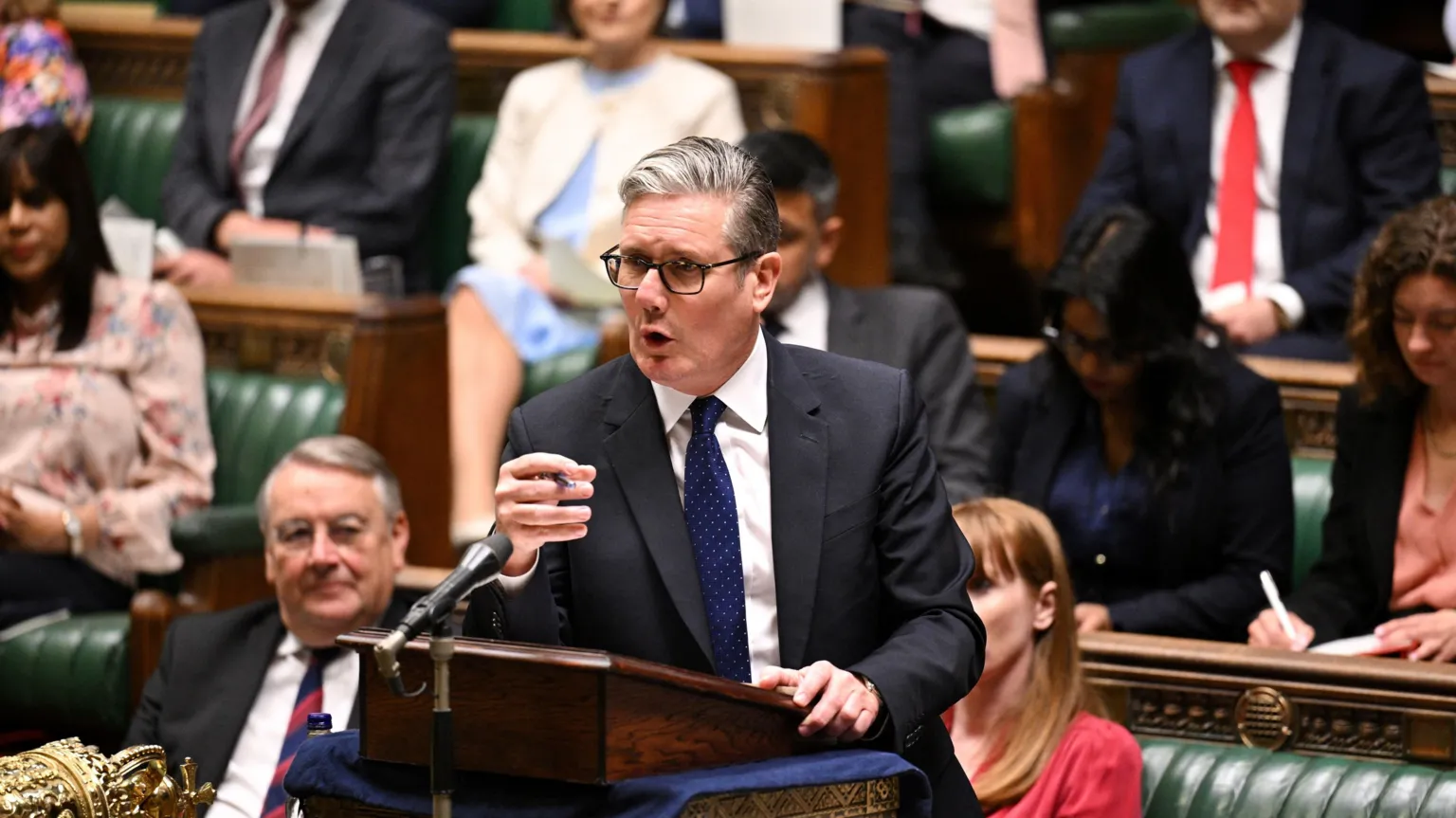

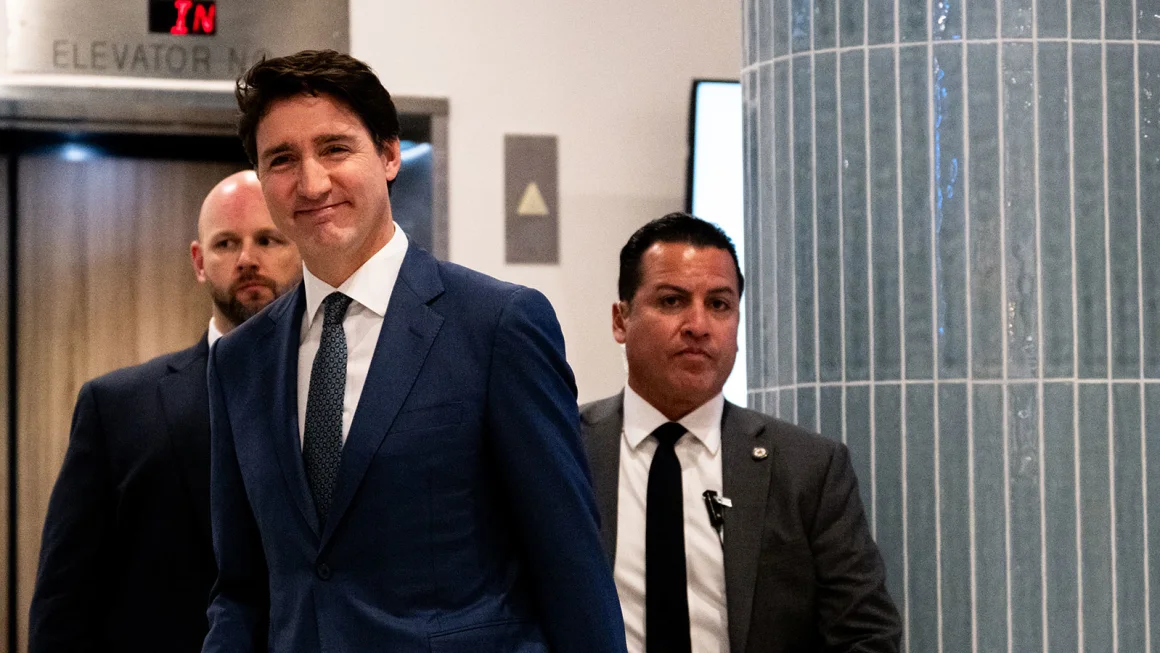

Trump Administration Plans Federal Agency Consolidation, Addresses BLM Plaza Concerns
November 29, 2024
4 minutes read

Musk, Ramaswamy Weigh in on Federal Regulations Amid Dogecoin Market Volatility
November 28, 2024
2 minutes read
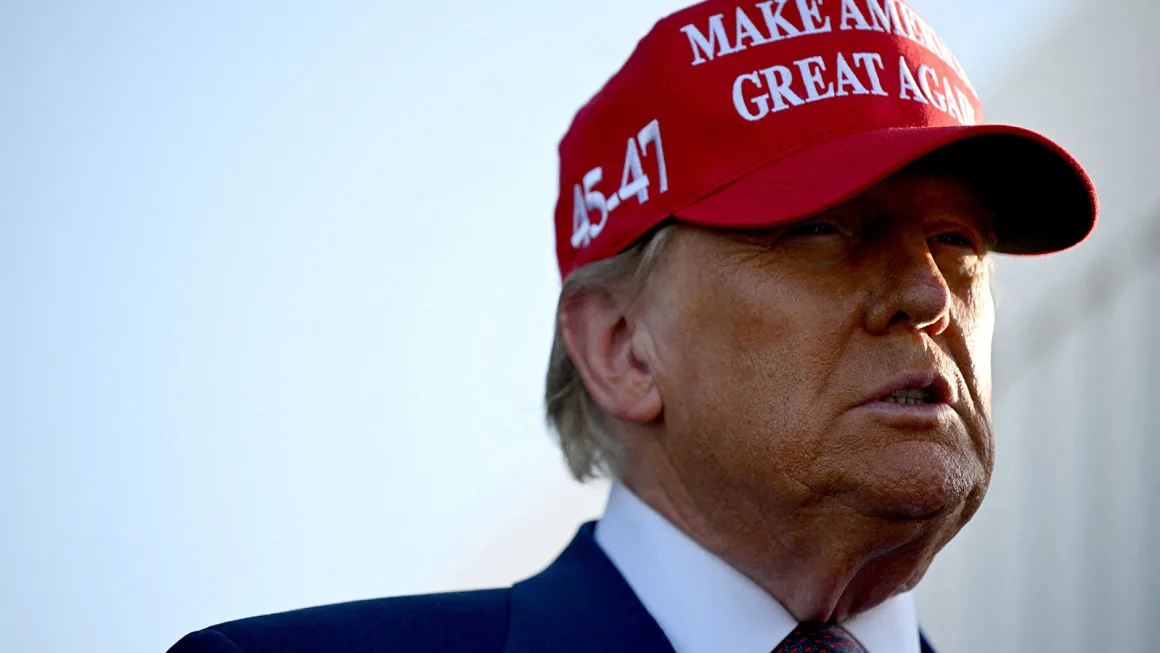
Trump Administration Accelerates Transition, Announces Swift Cabinet Picks
November 27, 2024
2 minutes read


Trump’s Picks of Tulsi Gabbard and Pete Hegseth Reflect Bold but Controversial Cabinet Strategy
November 25, 2024
4 minutes read

Trump Eyes Contentious Nominees Hegseth, Gabbard, and RFK Jr. for Key Positions
November 24, 2024
3 minutes read

Lori Chavez-DeRemer Considered for Labor Secretary Role in Potential Trump Administration
November 23, 2024
2 minutes read

Trump’s Potential Plan to Restructure FBI Raises Concerns Among Experts
November 22, 2024
3 minutes read

Pete Hegseth Denies Allegations in Police Report Amid Speculation About Defense Secretary Role in Trump Administration
November 21, 2024
2 minutes read
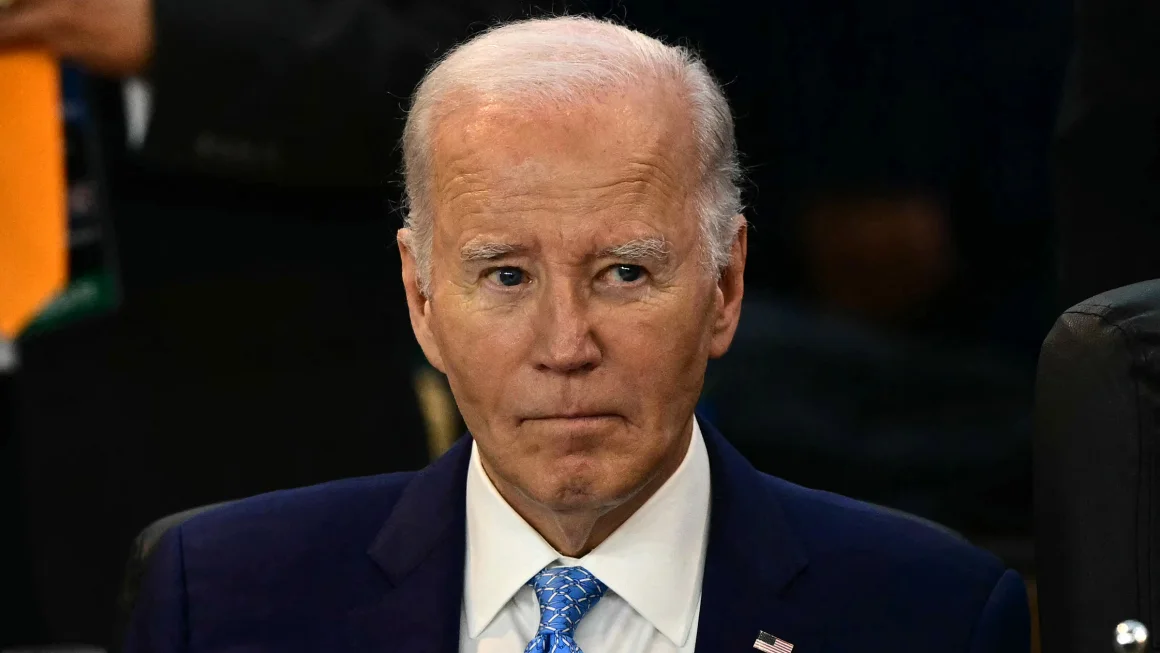
Biden Administration Faces Scrutiny Over Anti-Personnel Landmine Policy in Ukraine
November 20, 2024
2 minutes read

Republican Nancy Mace Criticizes Anti-Transgender Bathroom Ban at U.S. Capitol
November 19, 2024
2 minutes read

Matt Gaetz Reportedly in Contention for Attorney General Role Amid Political Tensions
November 18, 2024
2 minutes read

Trump’s Foreign Policy Vision Promises Bold Realignments and Global Shifts
November 17, 2024
4 minutes read
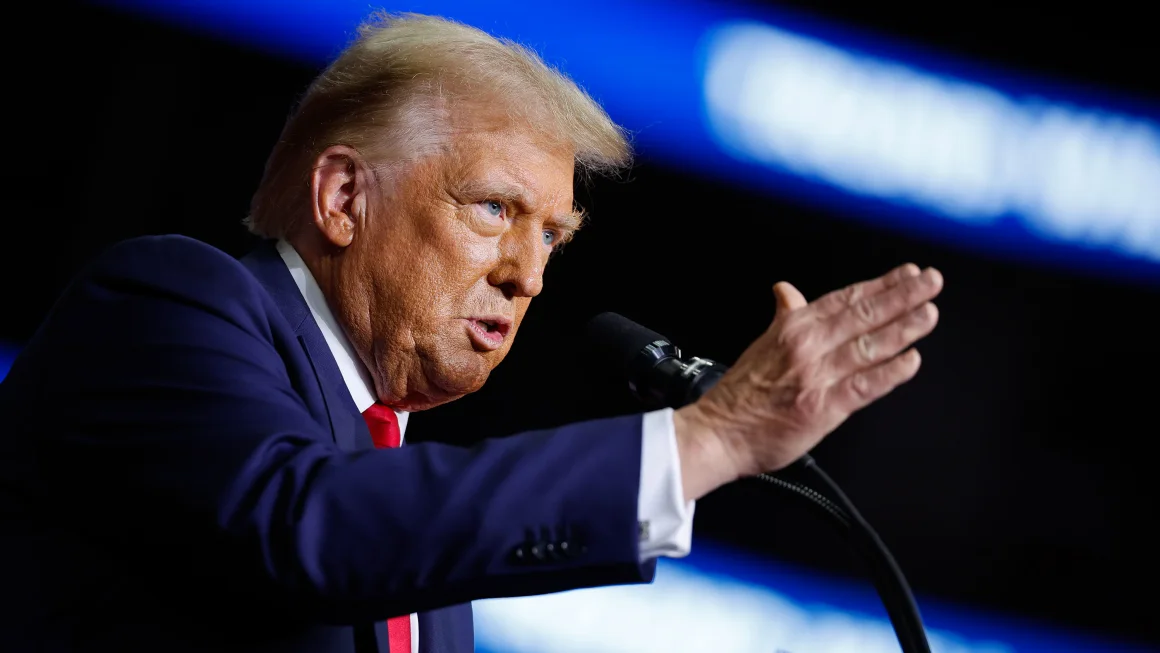

Trump Rolls Out Controversial New Cabinet Picks for Second White House Term
November 14, 2024
4 minutes read

Elon Musk and Vivek Ramaswamy to Lead Trump’s New ‘Department of Government Efficiency’
November 13, 2024
2 minutes read
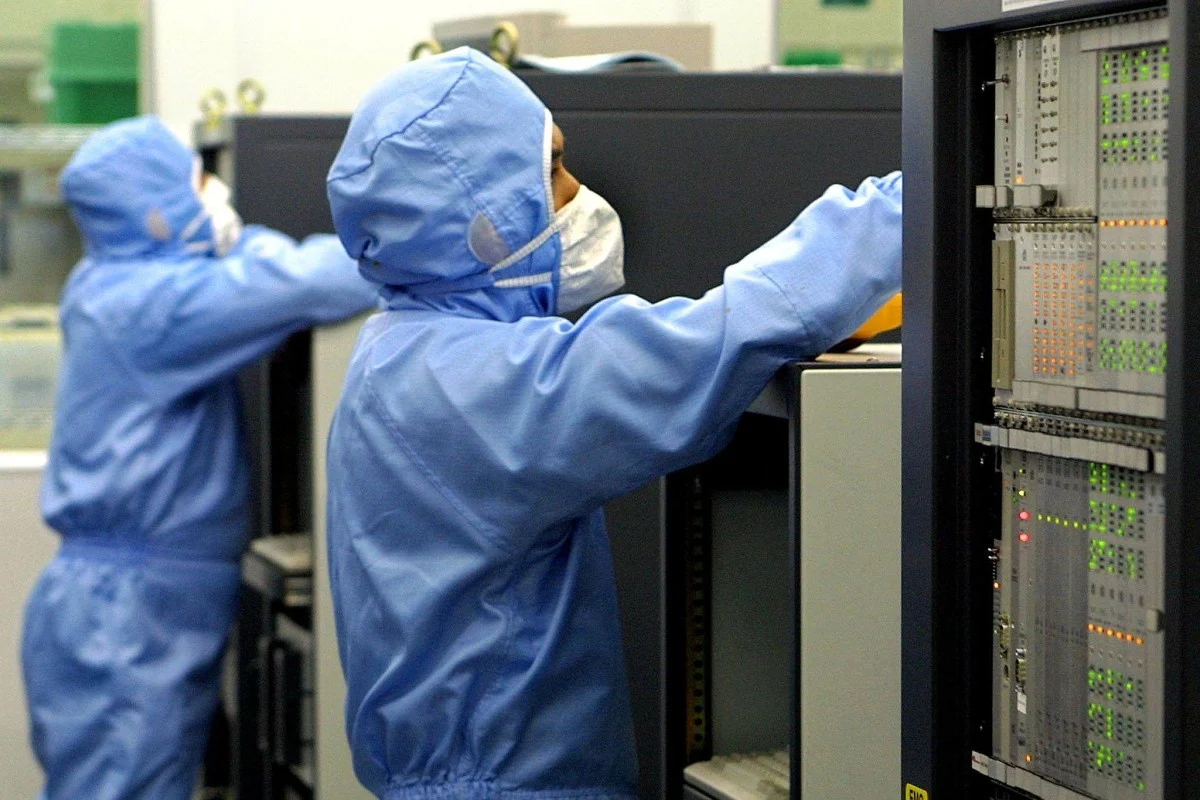
Malaysia’s PM Anwar Ibrahim Says New US Tariffs Could Impact Key Microchip Exports, Despite BRICS Ties
November 13, 2024
2 minutes read
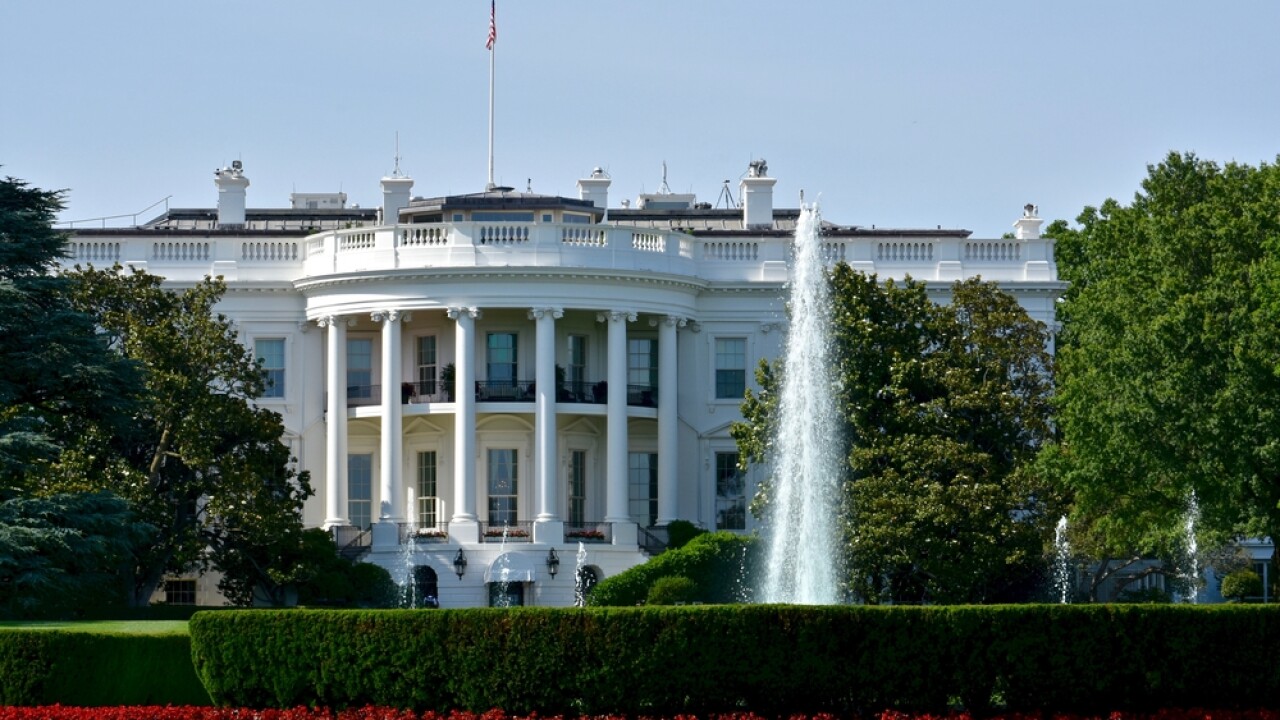
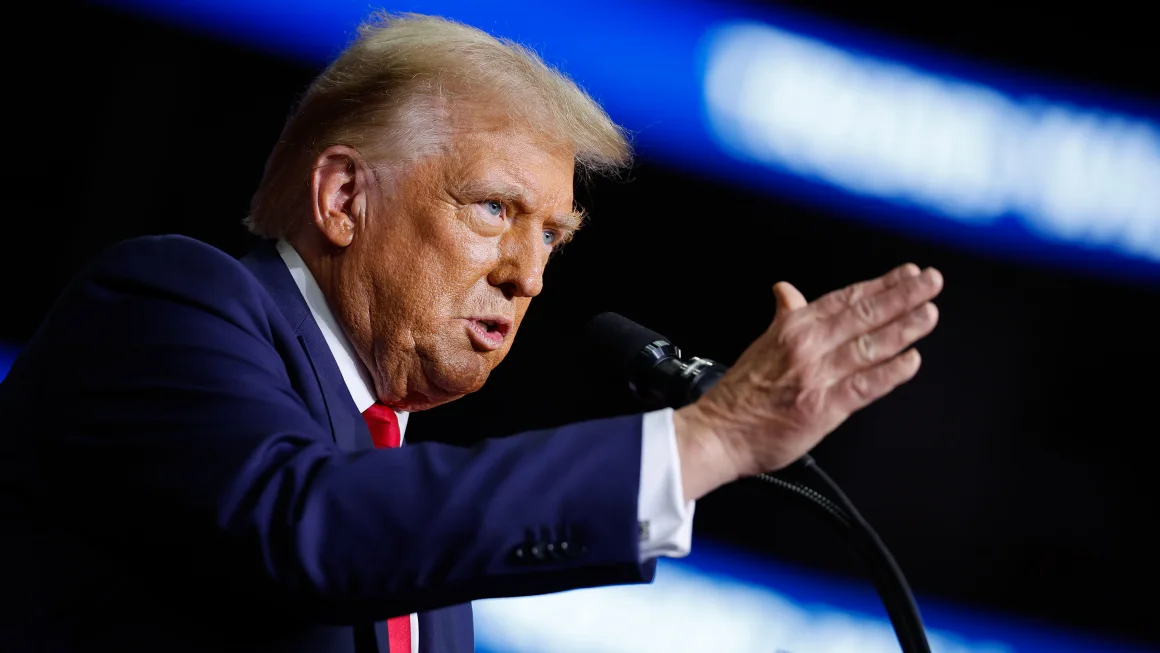

Trump Selects South Dakota Governor Kristi Noem as Homeland Security Secretary
November 12, 2024
1 minutes read
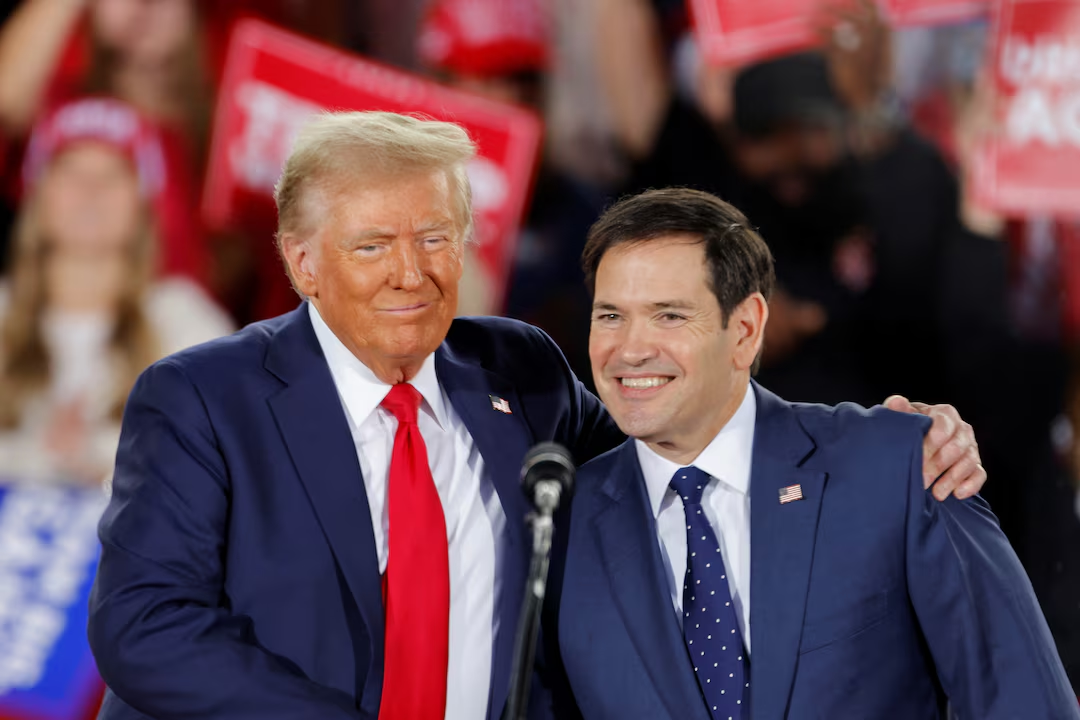
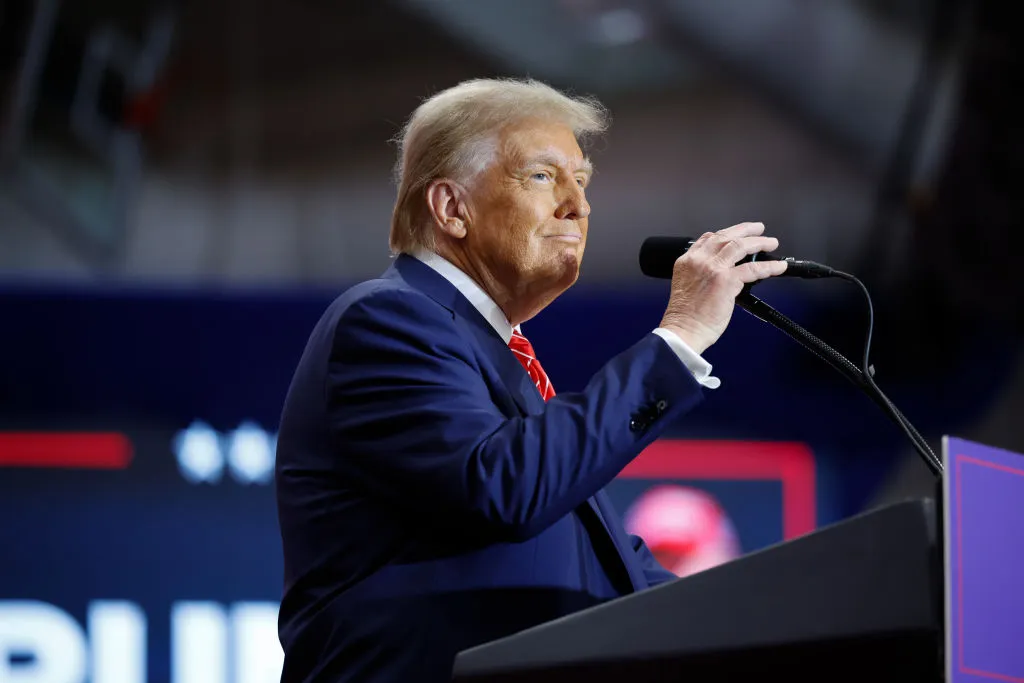
Trump Set to Receive Classified Briefings Again Despite Previous Charges
November 11, 2024
3 minutes read